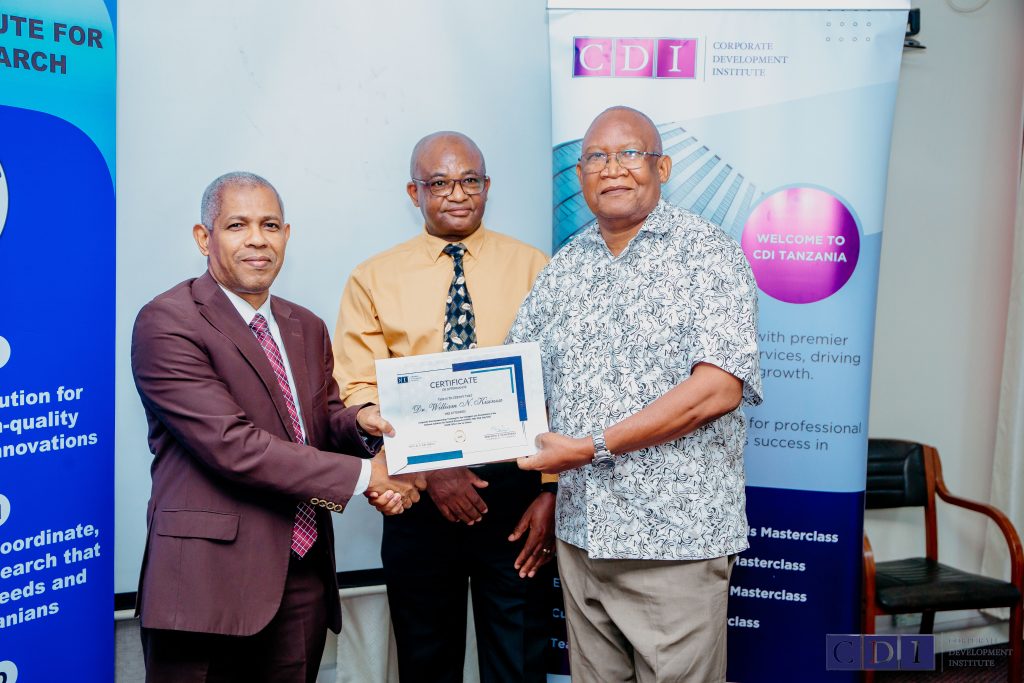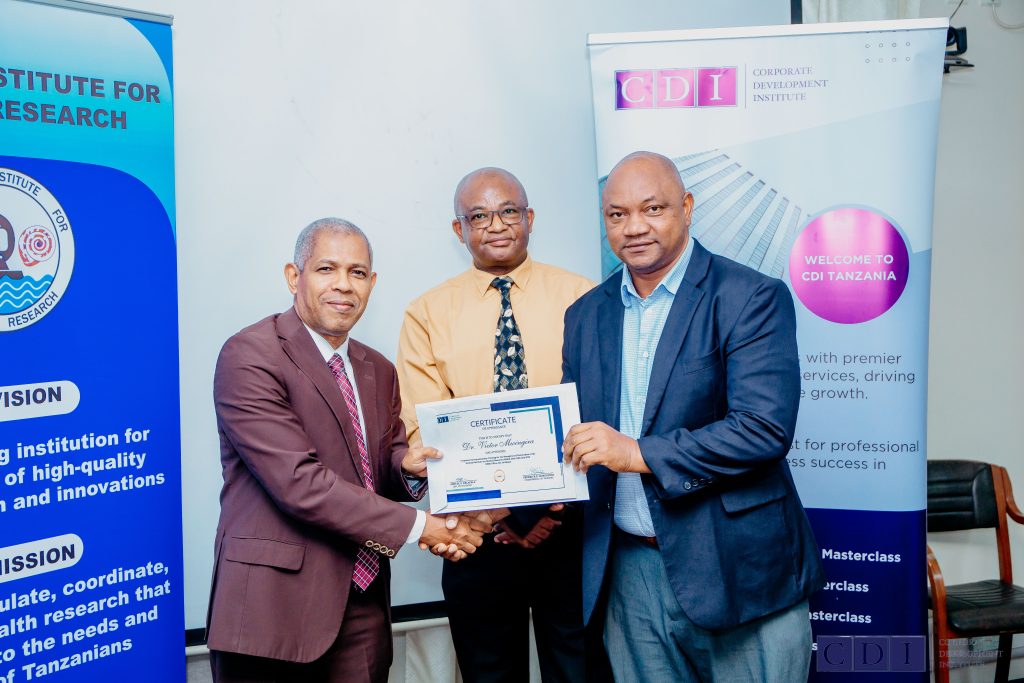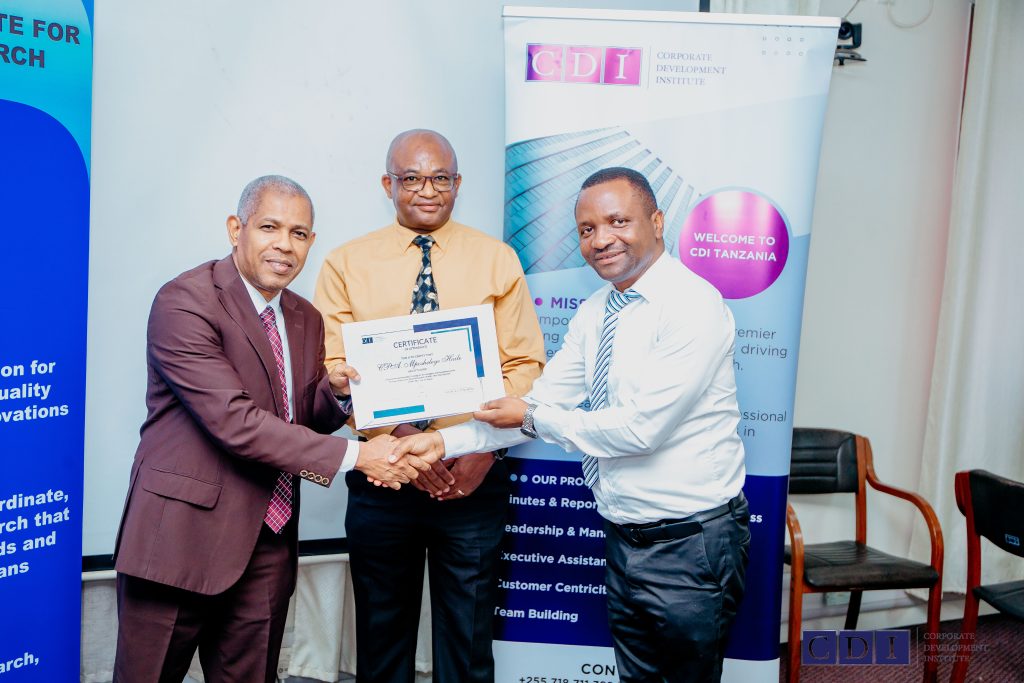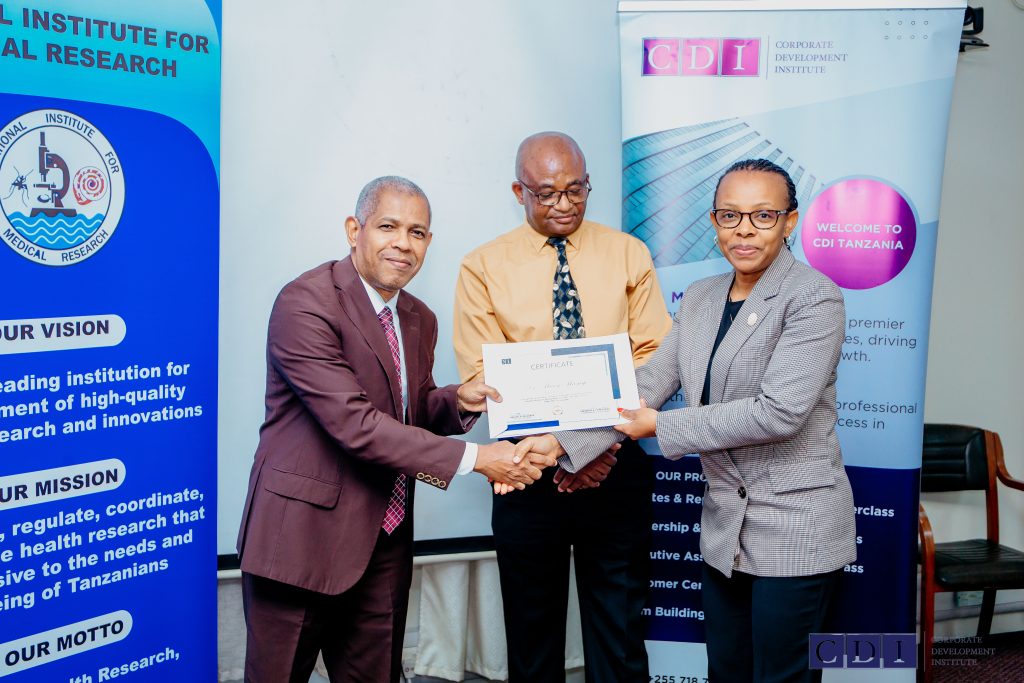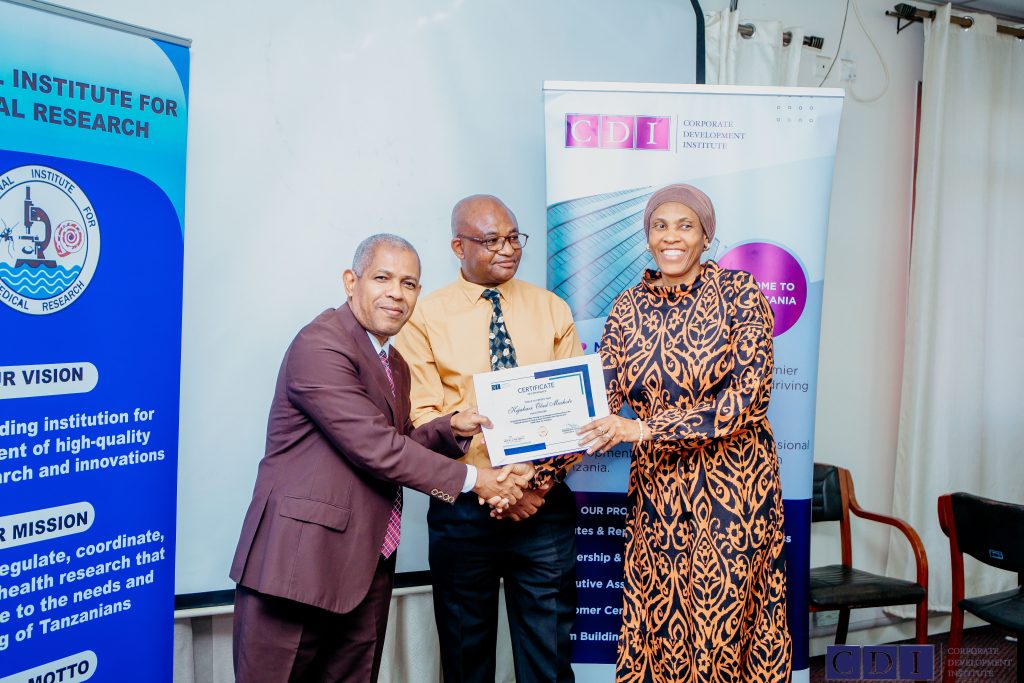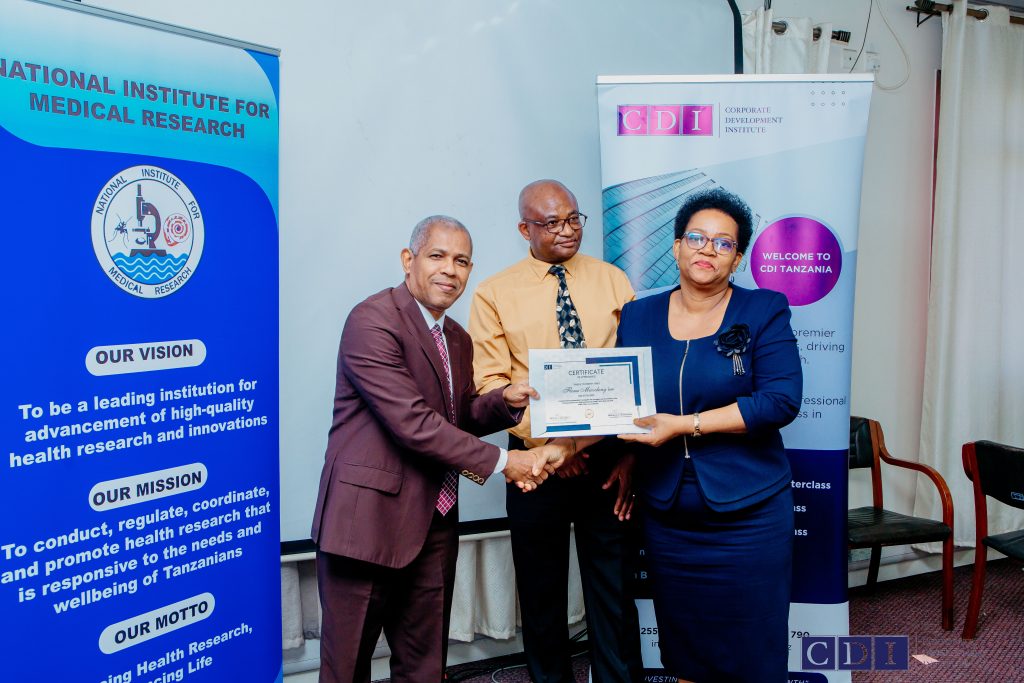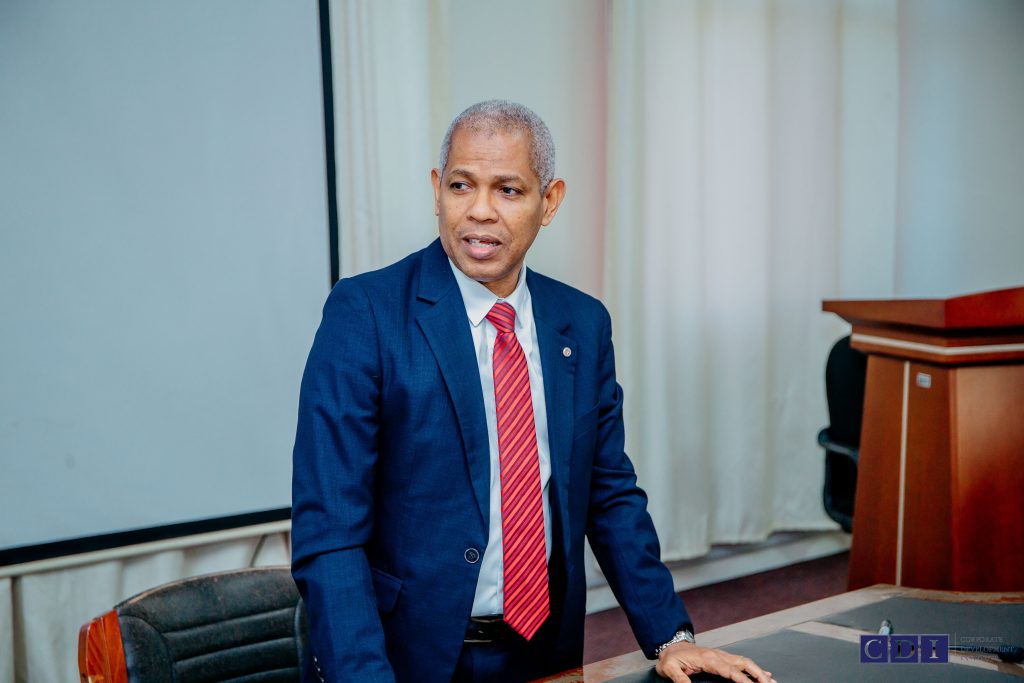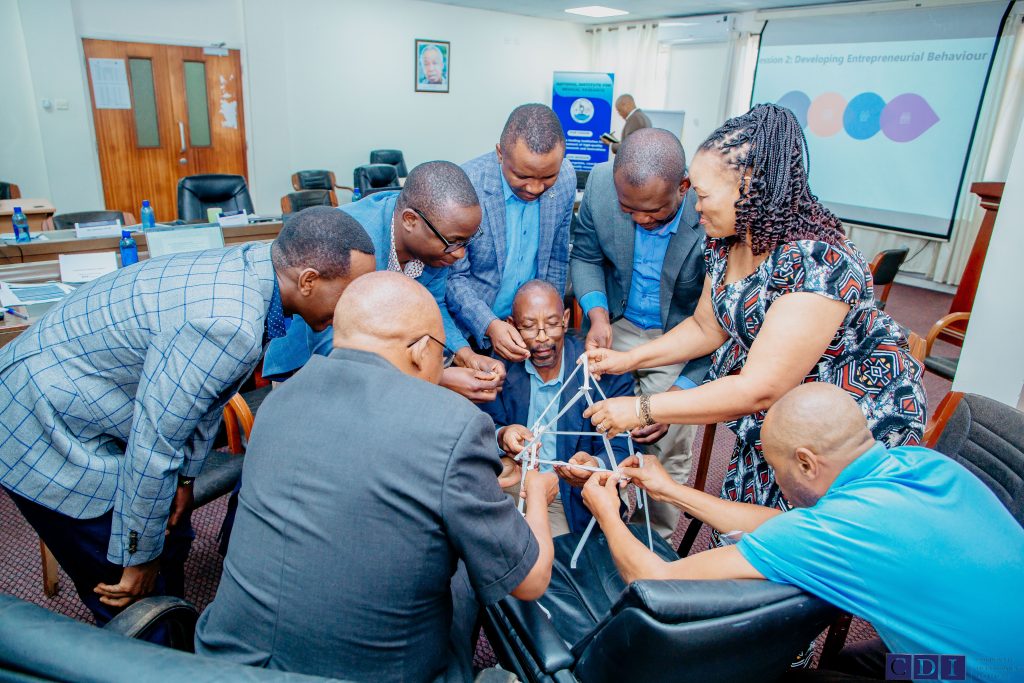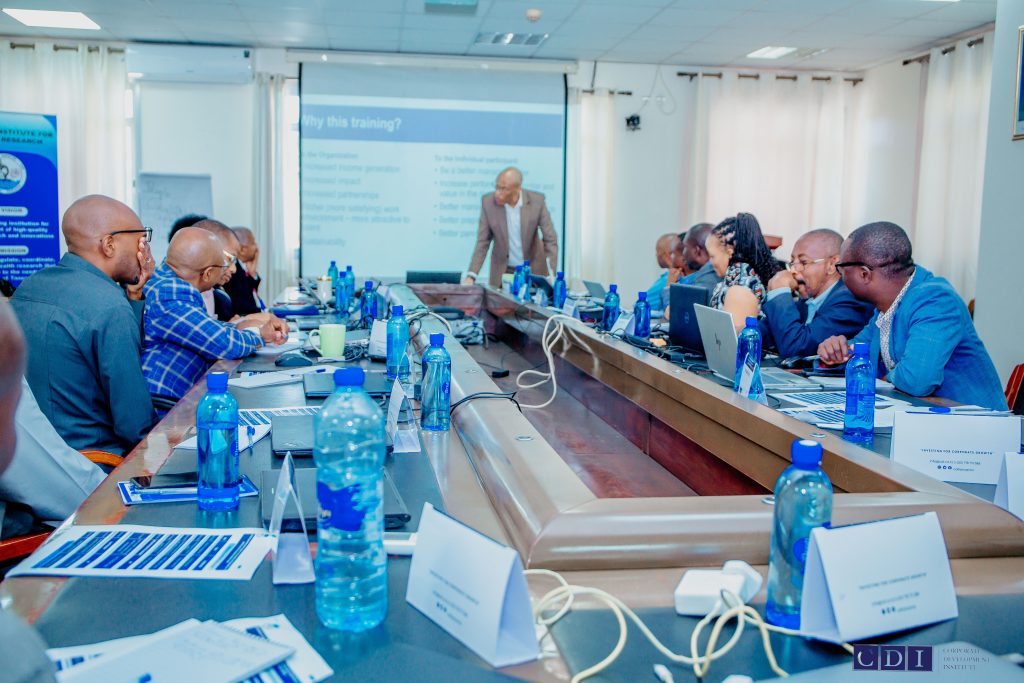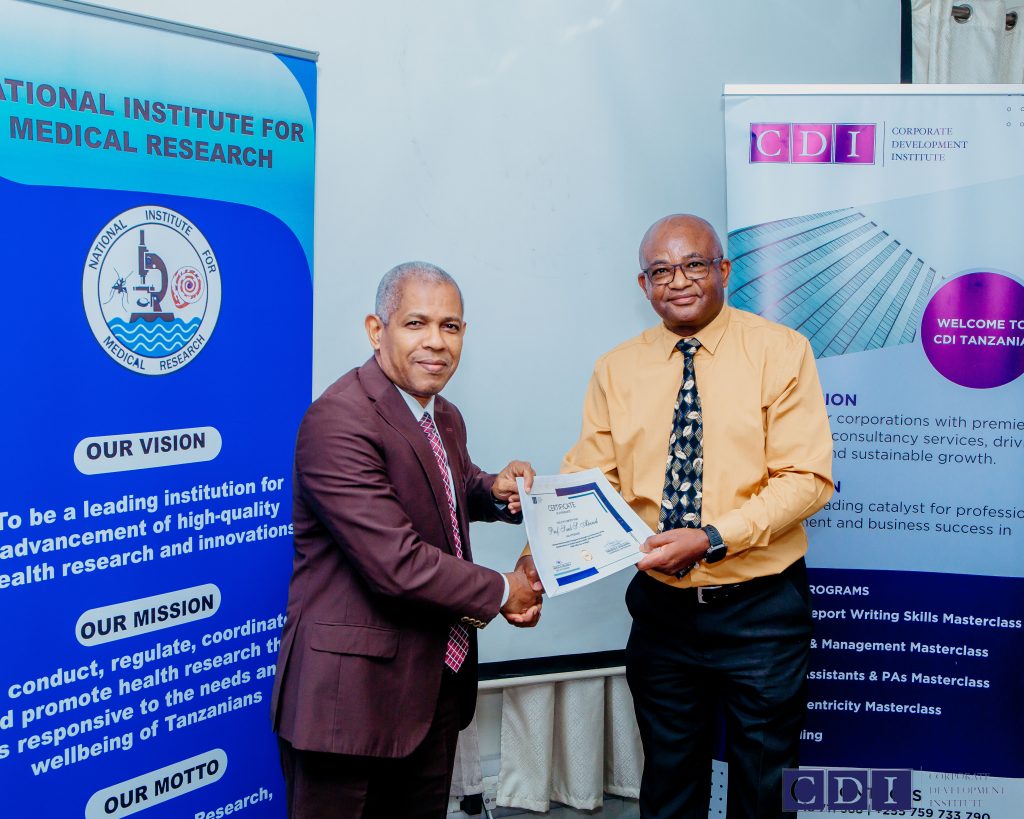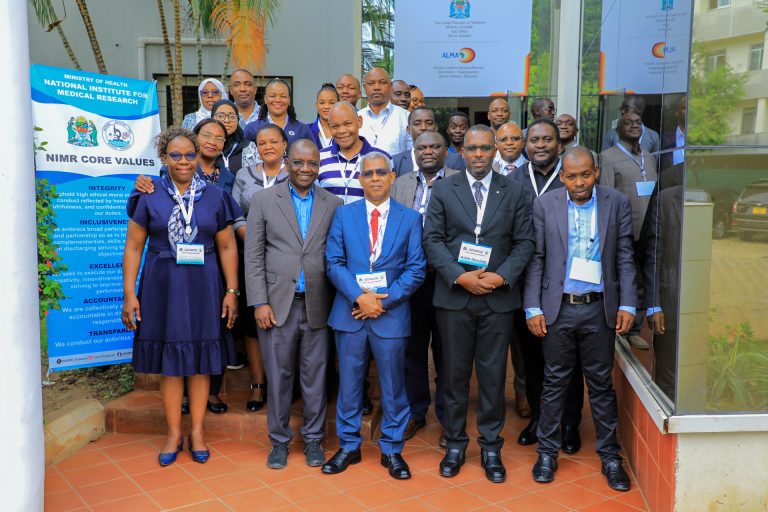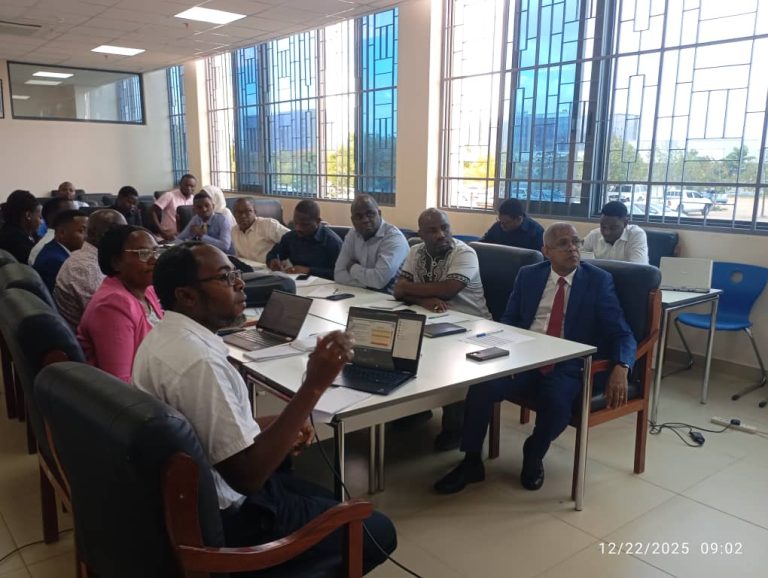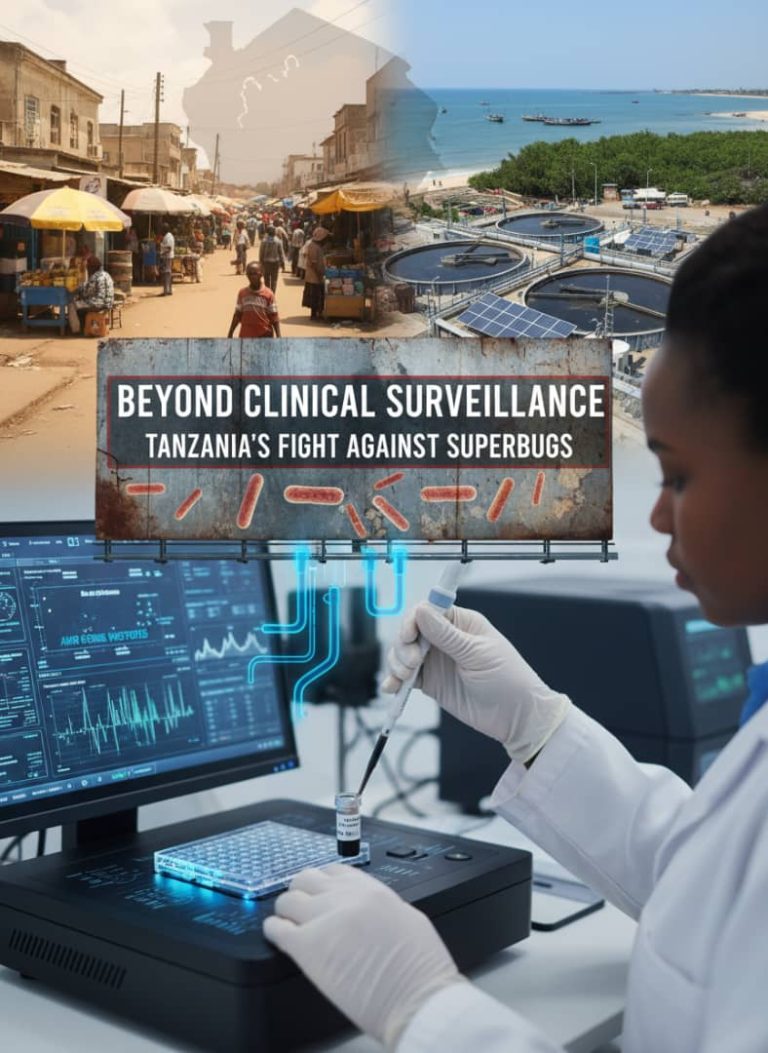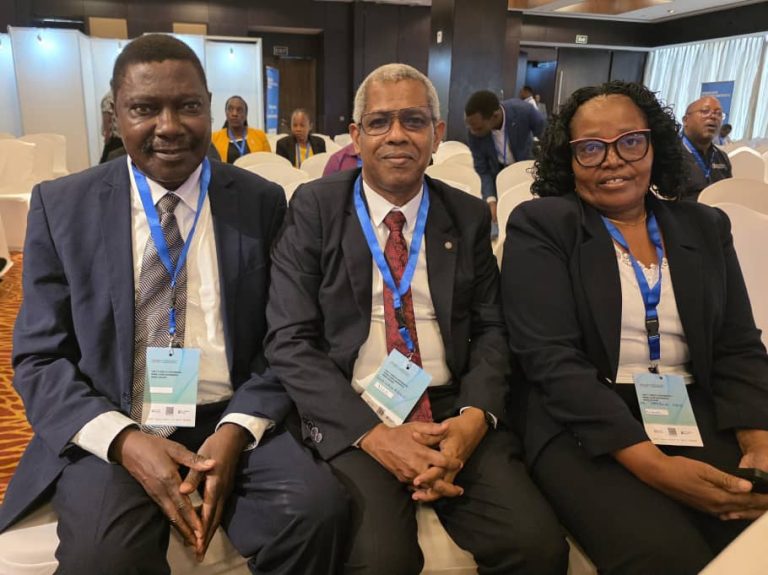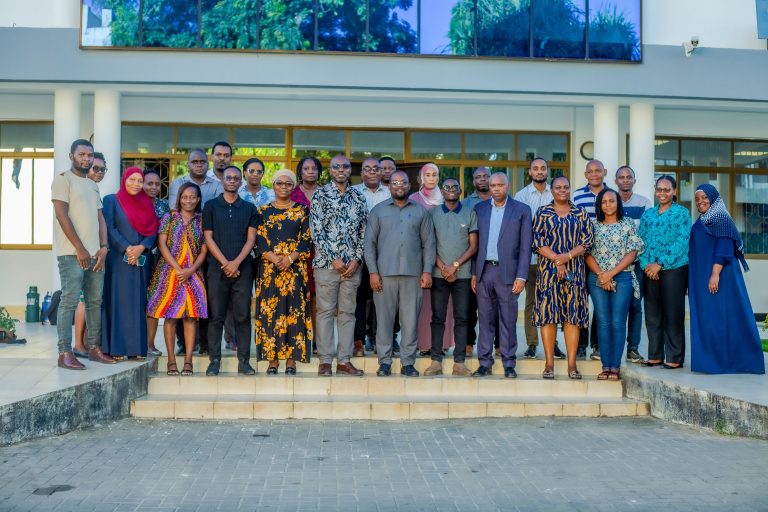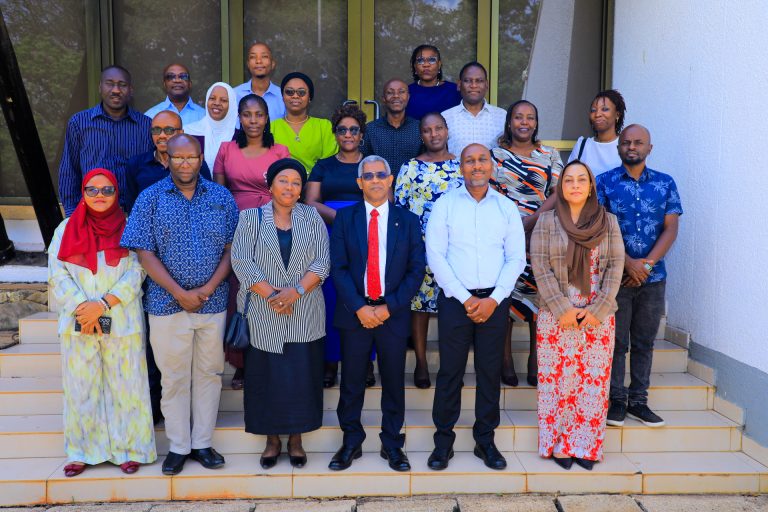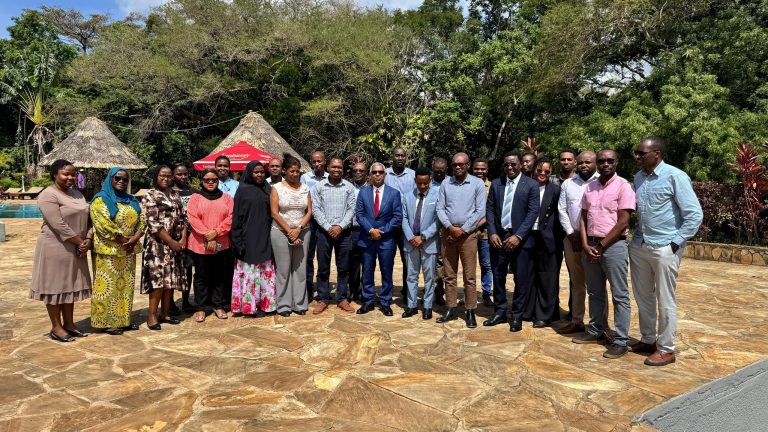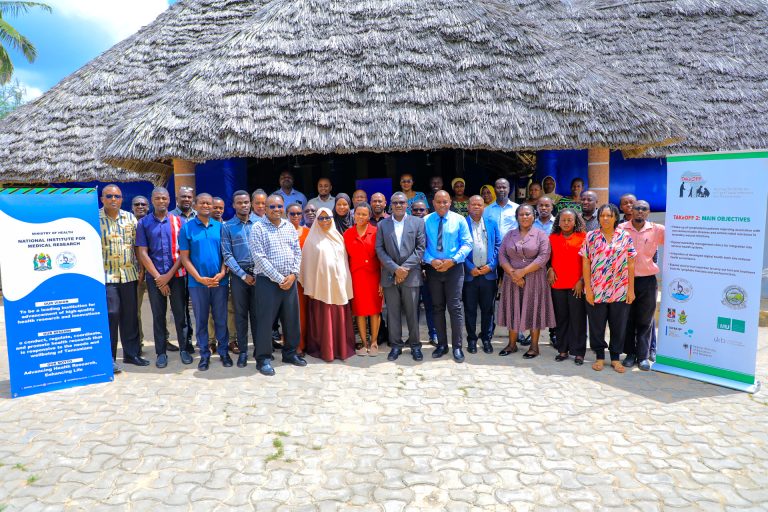In a strategic move to enhance institutional sustainability and increase revenue collections, the National Institute for Medical Research (NIMR) has conducted a high-level training on corporate entrepreneurship on Management team .
The two-day training, held from 28th to 29th July 2025 at the NIMR Sub-office in Dar es Salaam, brought together Directors and Managers from across the Institute. The goal was to equip them with knowledge and practical skills to unlock the value of NIMR existing tangible and intangible assets and reposition of the Institute for financial resilience and innovation-led growth.
Officiating the training, NIMR Director General Prof. Said Aboud emphasized the importance of institutional transformation through change to entrepreneual mindset while implementing the core functions of the institute. He noted that NIMR possesses considerable tangible and intangible assets including highly trained and skilled research scientists, partnerships, networks and collaborations, buildings, state of the art laboratories, land, rental properties and a traditional medicine factory among others that should be leveraged as resource mobilization ventures to support its core research mandate.
Prof. Aboud also highlighted the training alignment with the ongoing public institutions transformation implemented under President Samia Suluhu Hassan 4R philosophy – Reconciliation, Resilience, Reforms and Rebuilding. The pillars of Reforms and Rebuilding call for revitalizing public institutions to function more efficiently with the highest productivity.
Facilitated by CDI Tanzania Ltd, the training aimed to strengthen leadership capacity across several strategic areas. Participants were engaged in sessions on enterprising behaviour, innovation and entrepreneurship, developing entrepreneurship at the individual level, ingredients of corporate entrepreneurship, enablers and barriers and developing corporate entrepreneurship at NIMR.
At the end of the program, all participants were awarded certificates of completion, recognizing their engagement and commitment to advancing NIMR journey towards institutional transformation.
In closing remarks, Prof. Aboud described the training as a timely and a strategic investment in human capital while demonstrating NIMR strong commitment to become a more agile, innovative and a research institution that contributes to a health sector. He urged participants to apply the knowledge gained to drive institutional transformation that promotes innovation and foster inclusive growth across the Institute.

